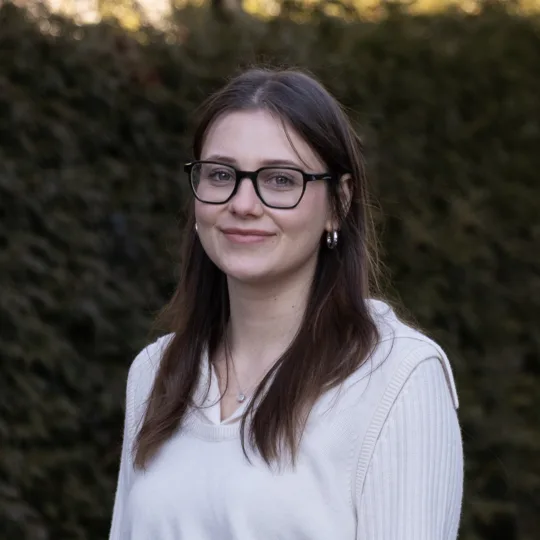Collaborative research – in Europe and beyond
European Partnerships combine resources and expertise to address global challenges such as climate change and an ageing population. Swiss institutions also help to achieve these ambitious goals and reinforce Europe's position as a leading player in research and development.

The European Commission has earmarked roughly 25% of the Horizon Europe budget for European Partnerships. There are currently around 50 such initiatives involving research institutions and companies from EU member states and associated countries, all working together to address major societal and technological challenges.
Sharper focus, greater impact
Compared to the previous programme, Horizon 2020, which included over 120 Partnerships, the number of Partnerships under Horizon Europe has been reduced to around 50. The aim is to sharpen the focus and maximise impact. There are three main types of Partnership:
- Co-funded European Partnerships: Here, national and EU funds are pooled together to jointly support projects that address specific challenges. Examples include Partnerships on antimicrobial resistance, biodiversity and water supply. In Switzerland, the Swiss National Science Foundation, Innosuisse and several federal offices take part in such Partnerships.
- Co-programmed European Partnerships: In these Partnerships, the EU and various industrial and research partners work together to develop and implement joint programmes and strategies. The topics covered range from digital transformation to clean energy and sustainable mobility. Examples include the European Open Science Cloud (EOSC) and the AI, Data and Robotics (ADR) Partnership, in which ETHZ and EPFL take part.
- Institutionalised European Partnerships: These long-term, legally established Partnerships focus on specialised research areas and have their own governance structure. Examples include the Innovative Health Initiative (IHI) or the Global Health-EDCTP3 as well as the Knowledge and Innovation Communities (KICs) of the European Institute of Innovation and Technology (EIT).
Funding for Swiss participation
SERI will continue to provide direct funding to ensure that Swiss institutions can take part in European Partnerships for as long as Switzerland remains a non-associated third country in Horizon Europe.
Switzerland’s contribution
European Partnerships have already produced impressive results to which Swiss institutions also contributed. For example, within the framework of the IHI project COMBACTE-CARE, the University of Geneva contributed to the development of the new antibiotic EMBLAVEO®. This is a major leap forward in efforts to counter multi-resistant strains of bacteria. Switzerland also plays a key role in the Global Health-EDCTP3 Partnership, in particular in the fight against Mpox, a rare viral disease (formerly known as monkeypox) for which the World Health Organization (WHO) declared the highest level of global alert in summer 2024.
European Partnerships offer Swiss institutions a unique opportunity to expand international cooperation and play a leading role in solving global challenges. This allows them to contribute their scientific and technological strengths while also benefiting from the findings and innovations of other countries. The last ten Partnerships in the Horizon Europe programme are expected to be launched in 2025.
Contact
Author



